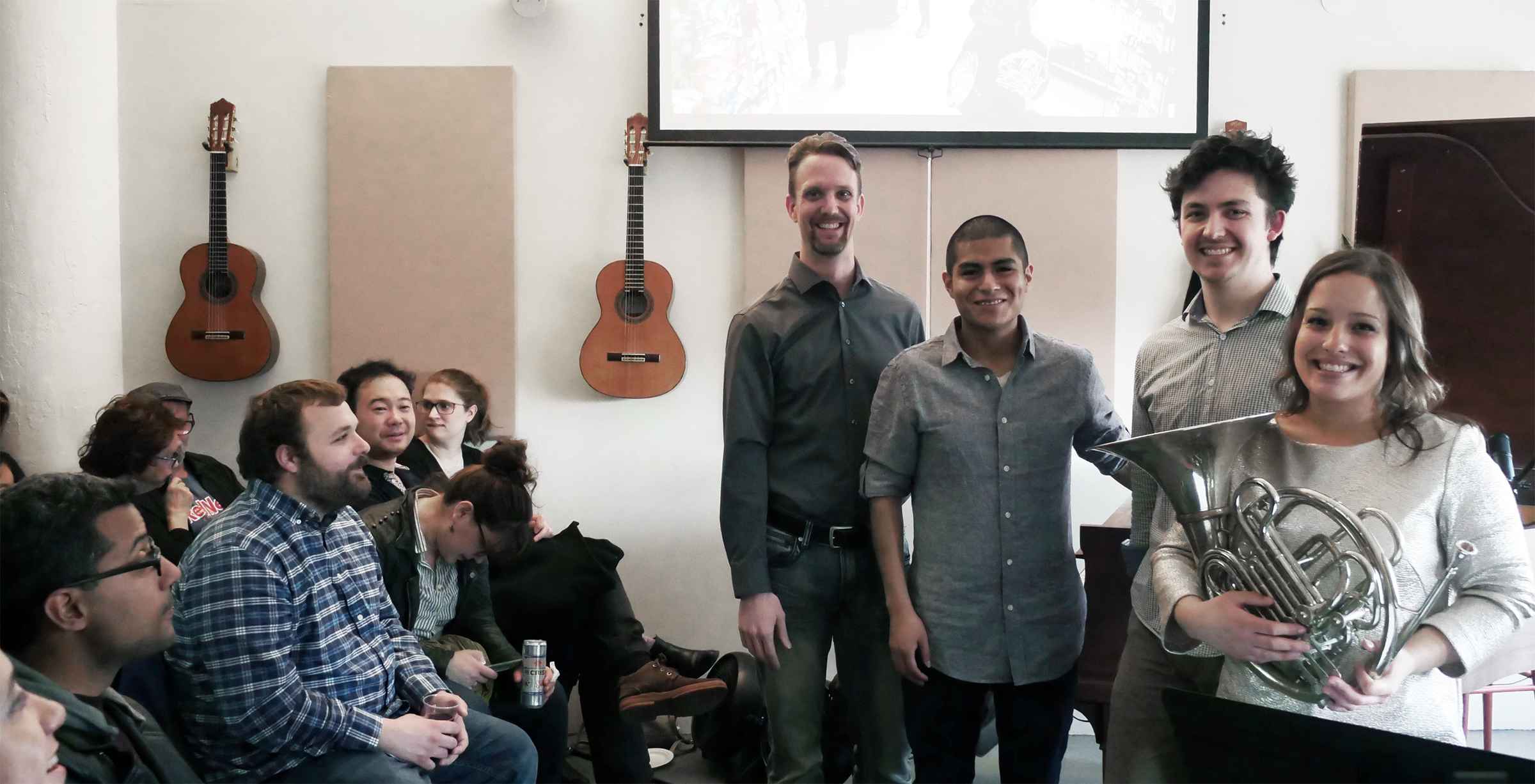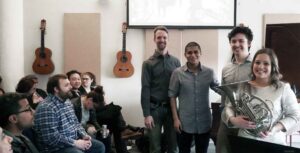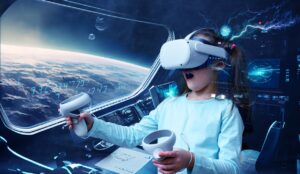
In the rapidly evolving landscape of music education, technology has become a transformative force, revolutionizing how aspiring musicians learn, create, and collaborate. This article delves into the innovative approaches in music education, with a particular focus on the role of technology in shaping the curriculum, teaching methods, and overall learning experience in music schools.
1. Integration of Digital Tools: One of the most prominent aspects of technology in music education is the integration of digital tools. Music schools are increasingly adopting software and applications that enhance the learning process. From virtual instruments and digital audio workstations to music notation software, these tools provide students with hands-on experience in music production, composition, and arrangement.
2. Online Learning Platforms: The rise of online learning platforms has democratized access to music education. Many music schools now offer online courses, making it possible for students to learn from anywhere in the world. These platforms often include interactive lessons, video tutorials, and collaborative projects, fostering a global community of musicians and educators.
3. Virtual Reality (VR) and Augmented Reality (AR): Virtual reality and augmented reality are opening up new possibilities in music education. Imagine a student donning VR gear to simulate performing in a grand concert hall or experiencing a masterclass with a renowned musician from the comfort of their own space. These technologies provide immersive and interactive experiences, enriching the traditional methods of teaching.
4. Distance Learning and Remote Collaboration: Technology has bridged geographical gaps, allowing music schools to facilitate distance learning and remote collaboration. Students can connect with instructors and fellow musicians from different parts of the world, broadening their perspectives and fostering a diverse and collaborative learning environment.
5. Gamification of Music Education: Gamification has found its way into music education, turning the learning process into an engaging and interactive experience. Music apps and games are designed to teach theory, ear training, and instrument skills in a playful manner. This approach not only enhances learning retention but also makes the educational journey more enjoyable for students.
6. AI in Music Education: Artificial intelligence (AI) is making significant strides in music education. Intelligent tutoring systems can provide personalized feedback to students, adapting to their learning pace and preferences. AI algorithms can also assist in music composition, analysis, and even in creating customized practice routines tailored to individual student needs.
7. Digital Music Libraries and Streaming Platforms: The availability of vast digital music libraries and streaming platforms has transformed how students access and study music. Music schools can curate extensive libraries that encompass a wide range of genres and styles, allowing students to explore and analyze diverse musical works with ease.
8. Interactive Practice and Feedback Systems: Technology has revolutionized the practice routine for musicians. Interactive practice apps can provide real-time feedback on pitch, rhythm, and technique, allowing students to refine their skills independently. This immediate feedback accelerates the learning process and empowers students to track their progress.
9. Online Masterclasses and Guest Lectures: Music schools are increasingly leveraging technology to bring renowned musicians and industry professionals into the virtual classroom. Online masterclasses and guest lectures provide students with insights from experts, creating valuable connections and exposing them to diverse perspectives within the music industry.
10. Digital Composition and Production Studios: Modern music schools are equipped with digital composition and production studios that mirror professional recording environments. Students can learn the intricacies of music production, sound engineering, and studio techniques using industry-standard software and hardware.
In conclusion, the integration of technology in music education is not just a trend but a fundamental shift that enhances the learning experience for aspiring musicians. By embracing innovative approaches, music schools can prepare students for a dynamic and technologically-driven landscape in the music industry, equipping them with the skills and adaptability needed for success in their musical pursuits.





